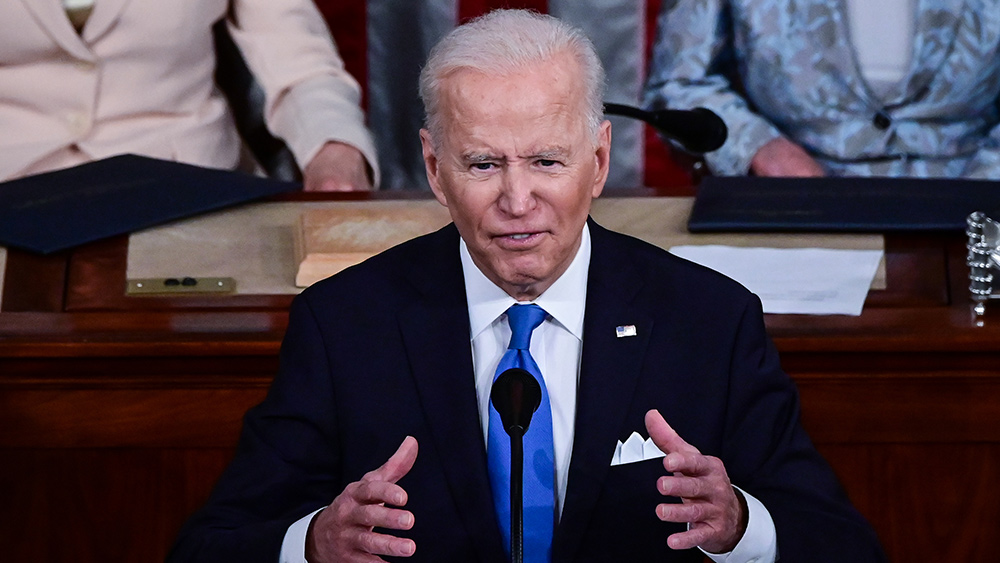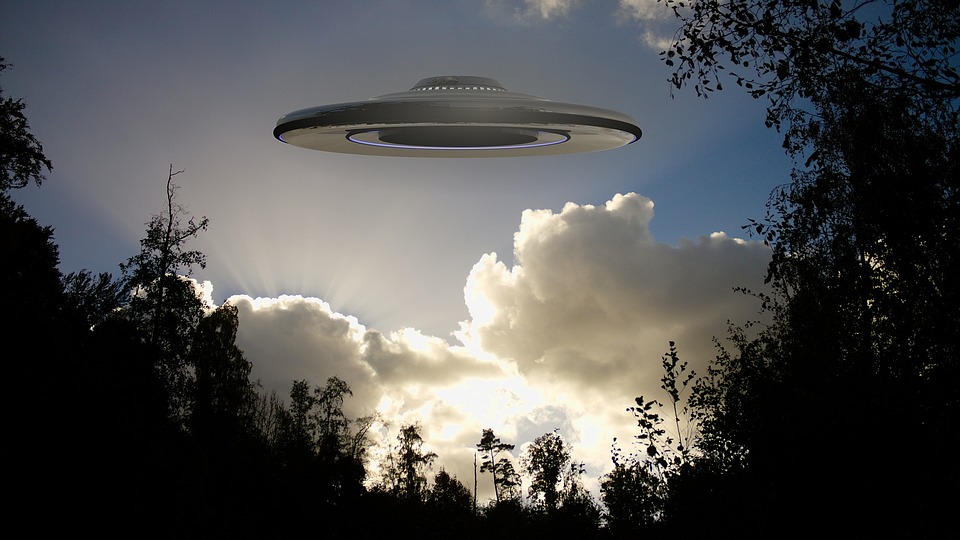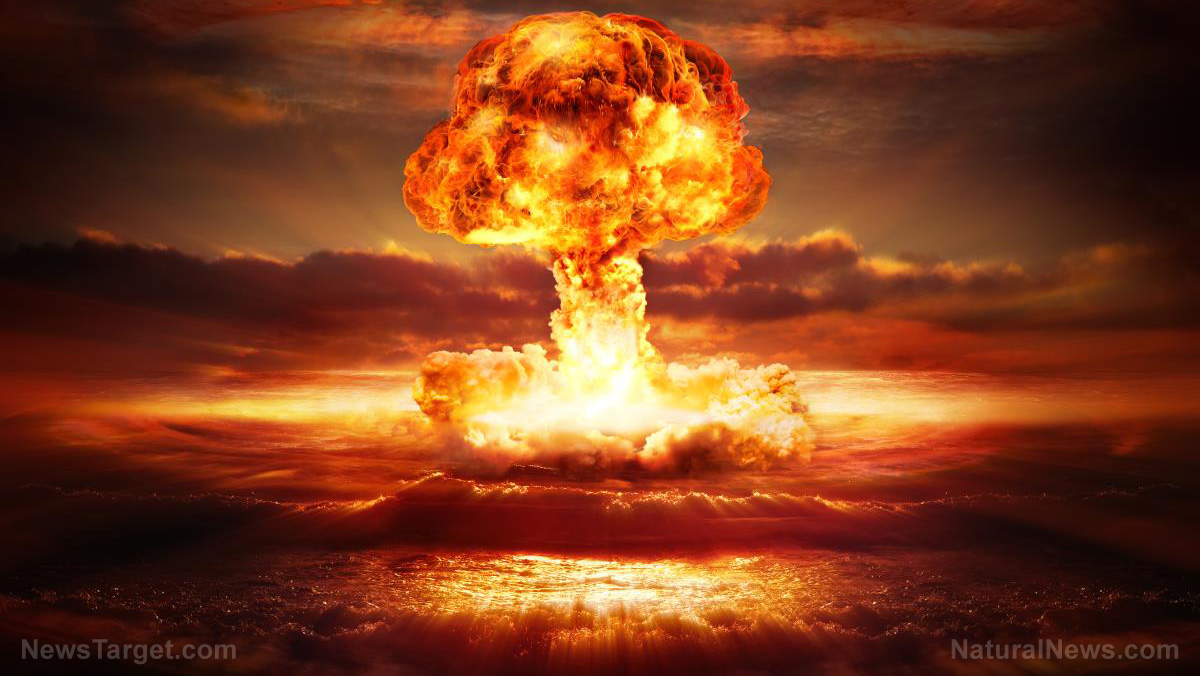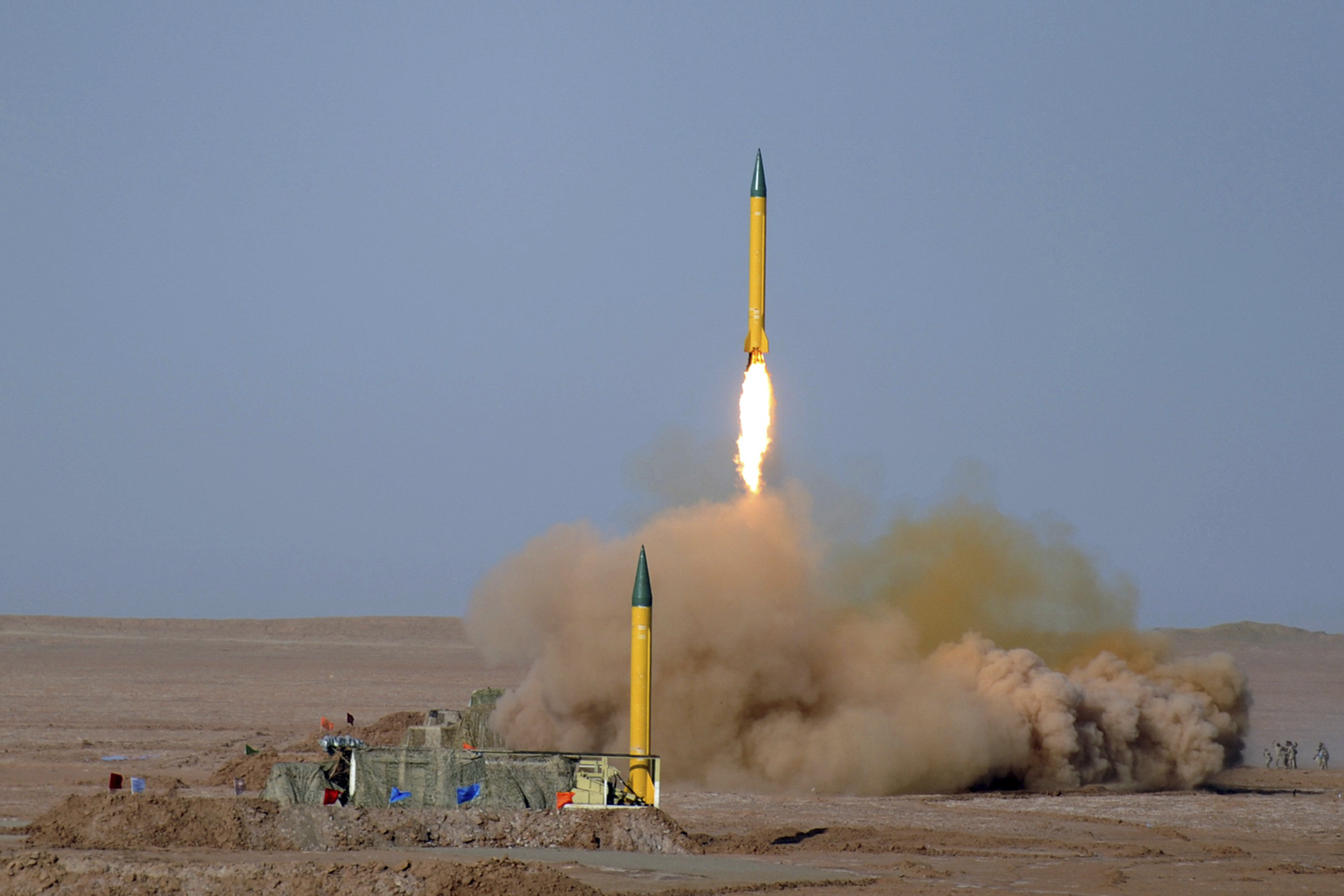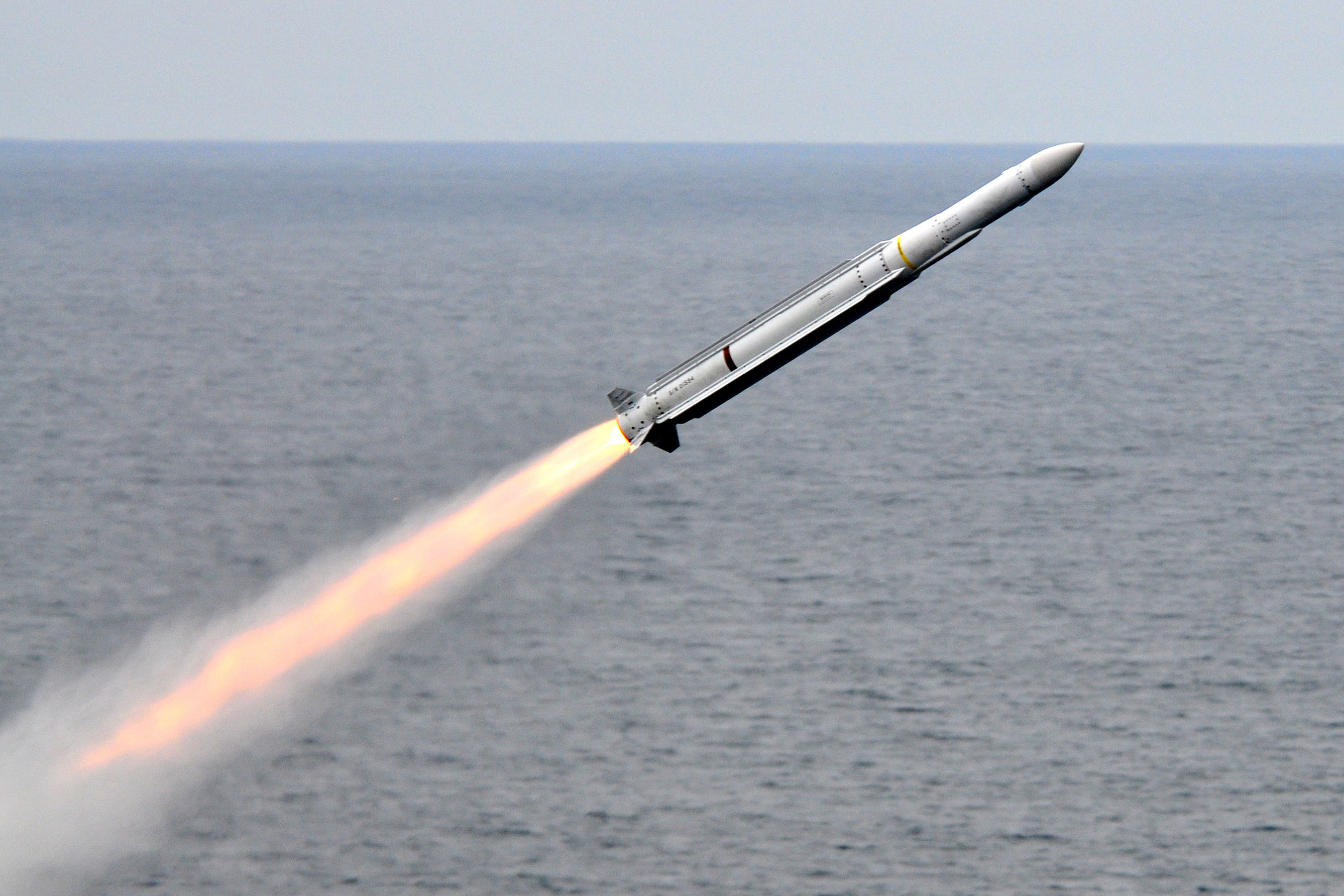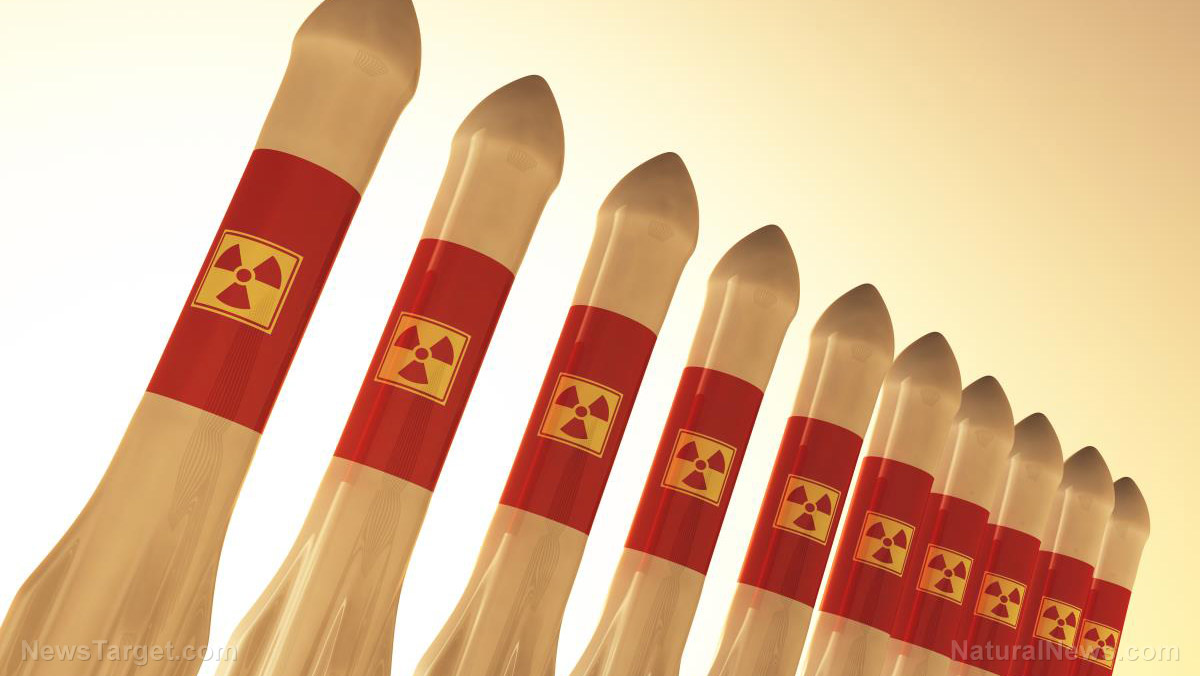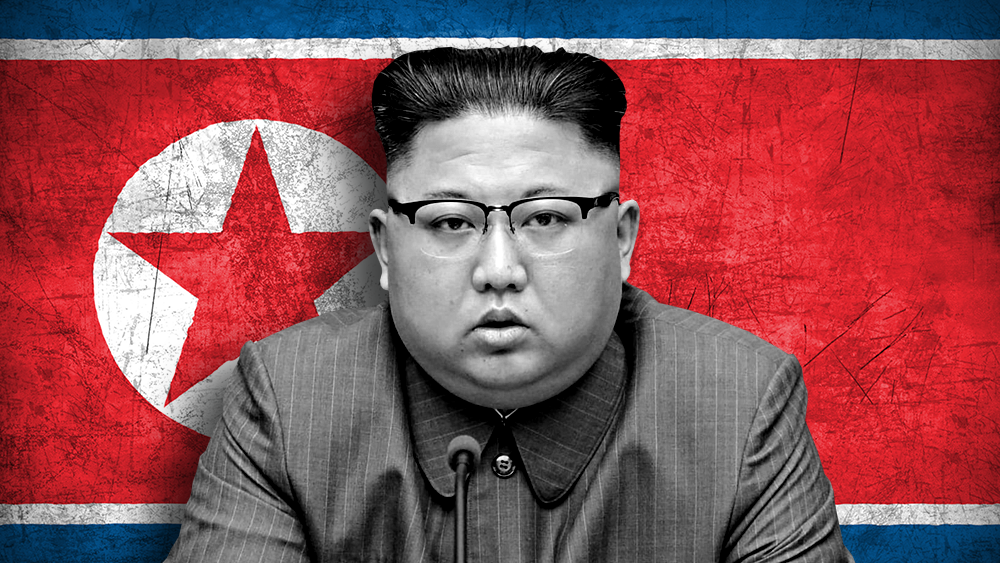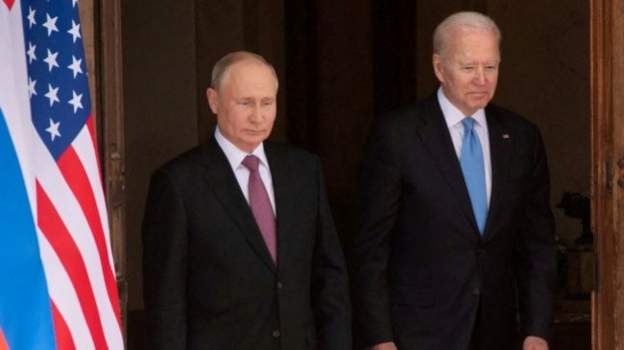Russian space nukes program is “serious national security threat,” House Intelligence Committee chair warns
02/19/2024 / By Cassie B.

When House Intelligence Committee Chairman Michael R. Turner (R-Ohio) announced there was a “serious national security threat” and implored the Biden administration to declassify information about it, there was a lot of speculation about what prompted the warning.
We now know that it is related to Russia’s advancements in space-based anti-satellite nuclear weapons. According to former and current officials who have been briefed on the topic, these weapons are not expected to be launched imminently, but there is only a short window of time to stop them from being deployed.
Unfortunately, a former official told the New York Times that the U.S. is not believed to have any way of countering this type of weapon and defending our satellites. If deployed, these weapons are capable of destroying civilian communications and space surveillance, as well as the military command-and-control operations of the U.S. and our allies.
When National Security Advisor Jake Sullivan was asked at the White House if he could tell Americans they don’t need to worry about anything, he said he was unable to do so.
“Americans understand that there are a range of threats and challenges in the world that we’re dealing with every single day, and those threats and challenges range from terrorism to state actors,” he said.
The system is reportedly not in orbit yet and is still under development, and some Democratic House members feel that the issue is not urgent enough to warrant such a strong reaction from Rep. Turner. For example, Rep. Jim Himes (D-Connecticut) said the issue “is a significant one, but it is not a cause for panic.”
However, the director of the Federation of American Scientists’ Nuclear Information Project, Hans Kristensen, said that such a weapon would pose a major risk to American nuclear command and control satellites used to control our nuclear arsenal and would mark a significant escalation, even if it wasn’t nuclear and only involved conventional weapons on orbital anti-satellite systems.
Speaker of the House Rep. Mike Johnson tried to calm the public, telling reporters “there is no cause for alarm” and that they are working on addressing the matter.
While Rep. Turner has called for all of the information about the threat to be declassified so lawmakers and America’s allies can come up with an effective response, Senate Intelligence Committee leaders said that declassifying it could mean exposing sensitive sources and their methods.
Although launching such a system into space would be a clear violation of the Outer Space Treaty of 1967, which prohibits placing “any objects carrying nuclear weapons or any other kinds of weapons of mass destruction” in orbit, Russia has been abandoning Cold War arms control treaties, which they view as holding them back from a crucial source of military power.
EMP strike from space would be devastating
Although the concern here is only related to the use of a nuclear weapon against satellites and not against the U.S. directly, space nukes would be easy to drop into high-altitude EMP detonations. Last year, an expert told MailOnline that the immediate effect of an EMP strike would be devastation to electrical infrastructure, while energy and water supplies would also be knocked out.
Dr. Willian Forstchen emphasized that cars, phones, banking, computers and anything else that uses electrical components or systems would simply stop functioning, depriving people of access to water, heat and food. Over the long term, we could see a considerable reduction to the population as people die of starvation and thirst or are killed by violence or panic.
Sources for this article include:
Submit a correction >>
Tagged Under:
big government, chaos, cosmos, EMPs, future tech, military tech, military technology, national security, nuclear weapons, Russia, space, space nukes, space war, space weapons, weapons technology, WWIII
This article may contain statements that reflect the opinion of the author
RECENT NEWS & ARTICLES
COPYRIGHT © 2017 NUCLEAR NEWS






